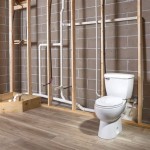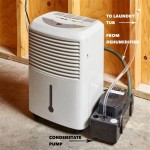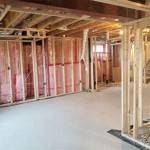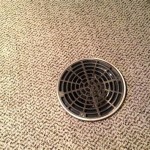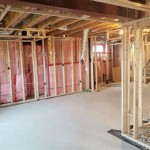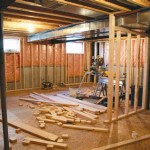Signs of Mold in Basement: A Comprehensive Guide
Mold is a common household problem that can cause a number of health issues, including allergies, asthma, and respiratory infections. Mold thrives in damp, warm environments, which makes basements a prime location for its growth. If you suspect that your basement may have a mold problem, it is important to identify the signs and take steps to remove the mold and prevent it from recurring.
Common Signs of Mold in Basement
Here are some of the most common signs of mold in basement:
- Moldy odor: A musty, earthy smell is a telltale sign of mold growth.
- Visible mold: Mold can appear in a variety of colors, including black, green, white, and orange. It can grow on walls, floors, ceilings, and furniture.
- Condensation: Condensation on windows, walls, or pipes can create a moist environment that is ideal for mold growth.
- Water stains: Water stains on walls or ceilings can indicate a leak that is providing moisture for mold to grow.
- Efflorescence: Efflorescence is a white, powdery substance that can form on basement walls or floors. It is a sign of moisture problems that can lead to mold growth.
- Structural damage: Mold can cause structural damage to wood, drywall, and other materials. If you see any signs of structural damage in your basement, it is important to have it inspected for mold.
Health Effects of Mold
Mold can cause a number of health problems, including:
- Allergies: Mold can cause allergic reactions, such as sneezing, runny nose, and watery eyes.
- Asthma: Mold can trigger asthma attacks in people who are already allergic to it.
- Respiratory infections: Mold can cause respiratory infections, such as bronchitis and pneumonia.
- Skin infections: Mold can cause skin infections, such as athlete's foot and ringworm.
How to Prevent Mold in Basement
The best way to prevent mold in basements is to eliminate excess moisture. Here are some tips:
- Keep your basement dry. Use a dehumidifier to remove excess moisture from the air.
- Repair any leaks promptly. Leaking pipes and windows can provide moisture for mold to grow.
- Ventilate your basement. Open windows and doors to let in fresh air.
- Clean up spills immediately. Spills can create a moist environment that is ideal for mold growth.
- Store items off the floor. Storing items off the floor helps to prevent mold from growing on them.
Removing Mold from Basement
If you find mold in your basement, it is important to remove it promptly. Here are some tips:
- Wear protective gear. When cleaning up mold, wear a mask, gloves, and goggles to protect yourself from exposure.
- Clean the moldy area with a bleach solution. Mix 1 cup of bleach per gallon of water and apply it to the moldy area. Let it sit for 10 minutes, then scrub it off with a brush.
- Dry the area thoroughly. Once you have cleaned the moldy area, dry it thoroughly with a fan or dehumidifier.
- Prevent mold from recurring. Once you have removed the mold, take steps to prevent it from recurring. Follow the tips above to keep your basement dry and well-ventilated.

Signs You Could Have Black Mold In Basement
Signs There S Mold In Your House

Signs That You Have Mold In Your Basement Doctors

Mold In The Basement Hgtv

What Causes Mold In A Basement

So You Have Mold In The Basement Rcc Waterproofing Blog

Here S How To Stop Mold Growth With Basement Waterproofing Afs Repair

Mold Mildew In Canton Ohio

How Moist Basements Can Lead To Basement Mold Ohio Systems

Is Mold In A Crawl Space Health Problem Find Out The Truth Ohio Basement Authority

